10 Delicious Lemon Types Every Orchard Should Have
Lemons are a fantastic addition to any orchard, offering both beauty and practicality. The variety of lemons you choose can greatly affect the taste and use of your fruit. Some lemons are better for juicing, while others are prized for their zest. Read on to discover the best lemon varieties for your orchard, each with its own unique characteristics. Whether you are looking for something sweet, tart, or even ornamental, you will find the perfect lemon tree to suit your needs.
This post may contain affiliate links, which helps keep this content free. Please read our disclosure for more info.
Eureka Lemon
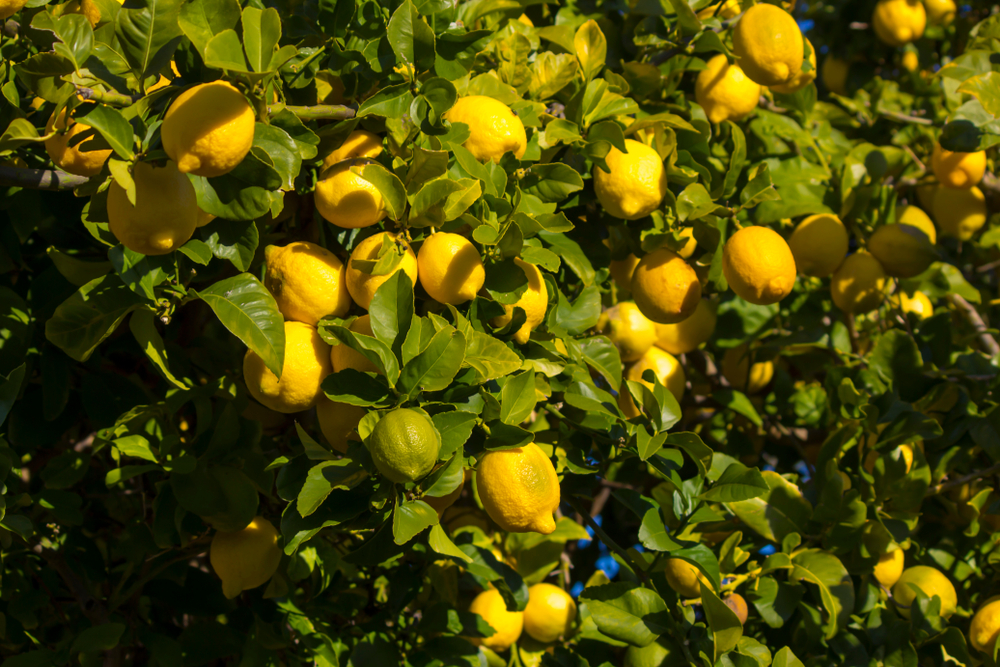
Eureka lemons are the most common type found in grocery stores. These lemons have a bright yellow skin and a sharp, tangy flavor. They are perfect for making lemonade or adding zest to dishes. Eureka lemon trees are easy to grow and produce fruit year-round, thriving in both cold and warm climates.
Eureka lemons are also known for their high juice content, making them ideal for cooking. They are a popular choice among home gardeners due to their productivity. The fruit is typically seedless, which makes them convenient for use in recipes. They can be grown in containers or directly in the ground.
Lisbon Lemon
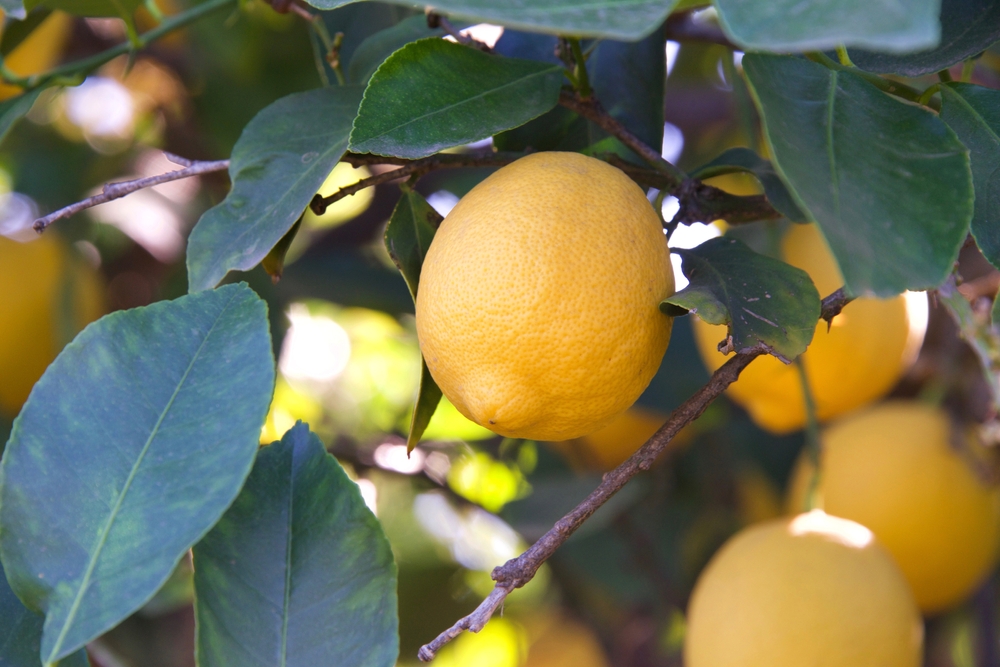
Lisbon lemons are similar to Eureka lemons, but they have a more rounded shape. These lemons have a strong, tart flavor and a thick, bumpy rind. They are often used in cooking, baking, and making juices. Lisbon lemon trees are hardy, resistant to disease, and thrive in warmer climates.
Lisbon lemons are perfect for both commercial and home growers. Their fruit is mostly seedless, offering convenience in kitchen use. These trees tend to grow tall, producing abundant fruit throughout the year. Lisbon lemons are versatile and can be used in a wide range of culinary applications.
Meyer Lemon
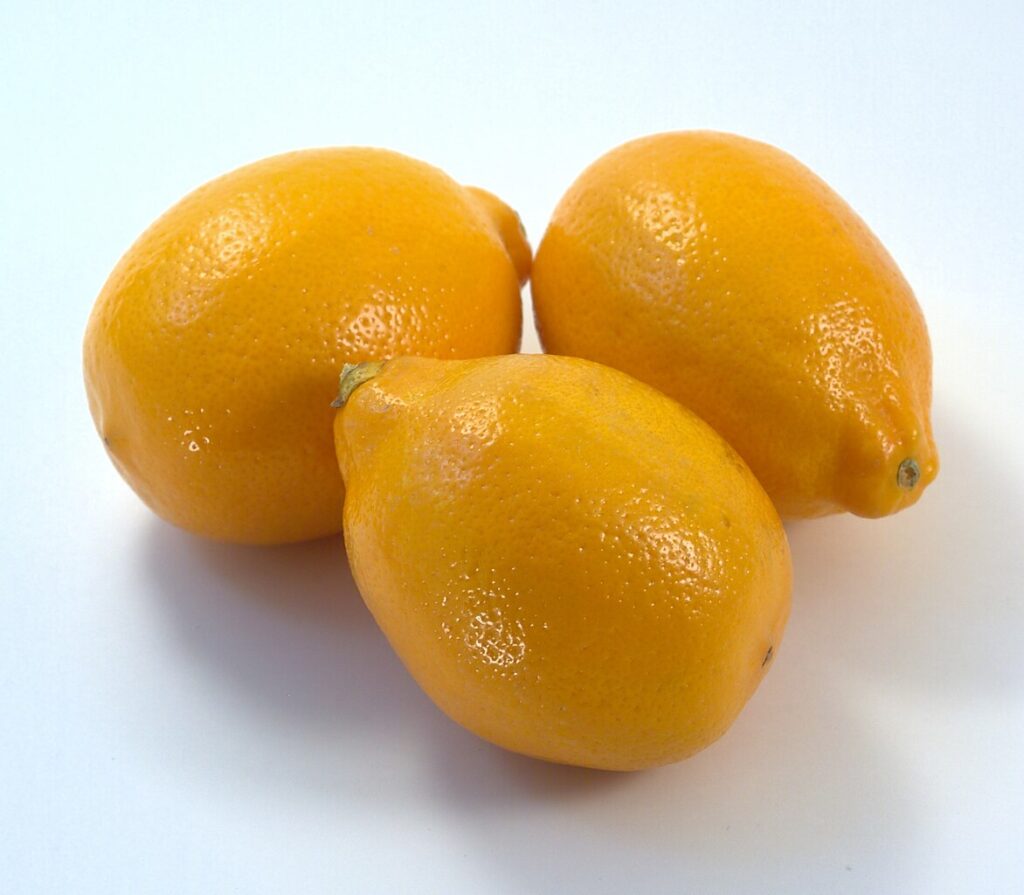
Meyer lemons are smaller and rounder than traditional lemons. They have a thin, fragrant skin and a sweet, mild flavor, perfect for desserts. Meyer lemon trees are best suited for warmer climates and require some care, as they are not as cold-tolerant. They are often used in recipes that call for a less acidic, sweeter lemon flavor.
The fruit of the Meyer lemon is lighter in color, often ranging from yellow to orange. These lemons have a unique, floral fragrance that sets them apart from other varieties. Meyer lemon trees can be grown in containers, making them an excellent option for small orchards. Their small size makes them easy to harvest and use in a variety of dishes.
Ponderosa Lemon
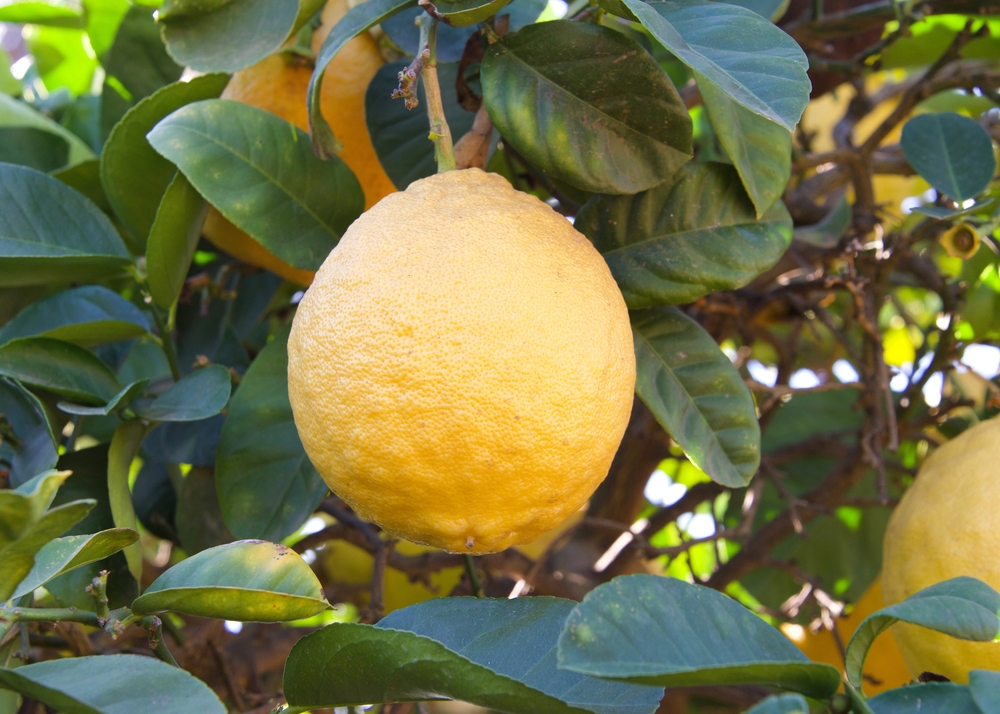
Ponderosa lemons are large and have a thick, bumpy rind. They are known for their sharp, tangy flavor, making them perfect for zesting. Ponderosa lemon trees are highly ornamental and produce large, striking fruit. These lemons are typically used for their peel, as they have a thick skin that is easy to remove.
While the fruit is often used for flavoring, Ponderosa lemons are also prized for their unique appearance. These trees grow well in warmer climates and are highly productive. They produce fruit that can weigh up to 5 pounds, making them one of the largest lemon varieties. Ponderosa lemons are best for those seeking a visually impressive lemon variety.
Bearss Lemon
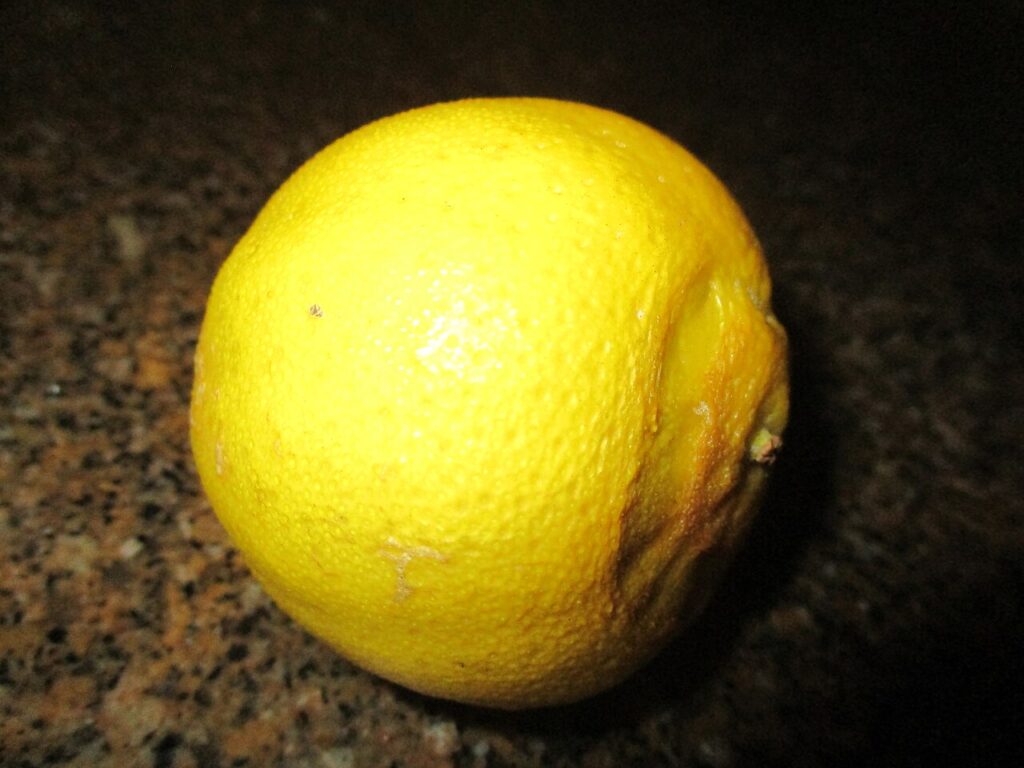
Bearss lemons are smooth, seedless lemons with a thin rind. They are known for their high juice content and are commonly used in drinks and recipes. Bearss lemon trees are very productive, producing fruit in abundance throughout the year. They grow well in warm climates and require minimal care to thrive.
Bearss lemons are prized for their clean, tart flavor. The trees are hardy, making them suitable for both home and commercial orchards. They are especially popular for making lemonade or as a garnish for dishes. These lemons are known for their convenience and ease of use in various recipes.
Variegated Pink Lemon
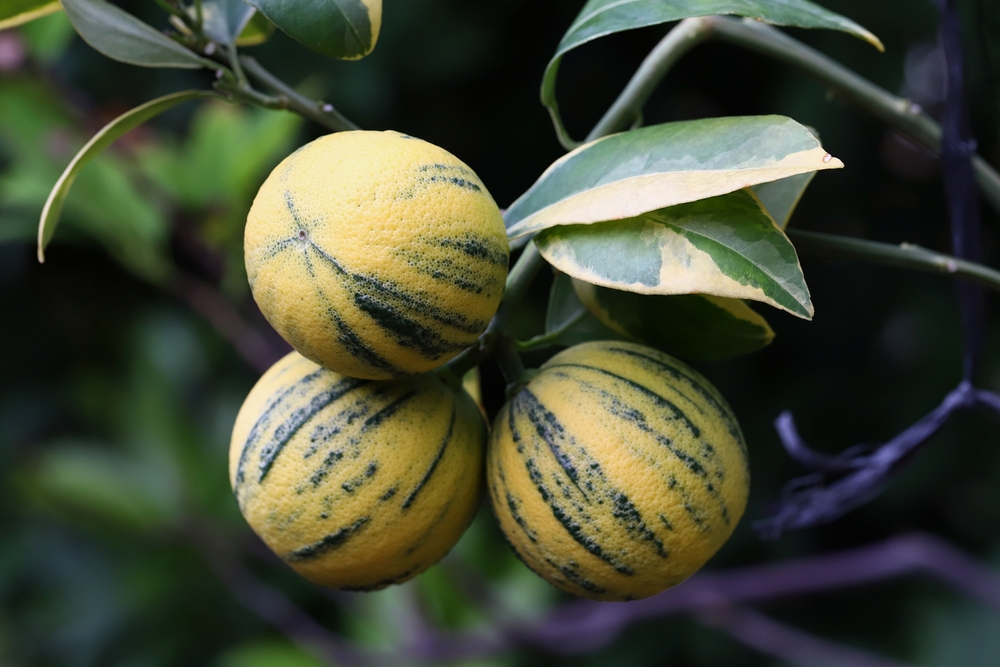
Variegated Pink lemons have striking green and yellow striped rinds. Inside, the flesh is a soft pink, giving it a unique look compared to other lemons. These lemons are slightly sweeter than other varieties, making them ideal for drinks and desserts. The tree itself is compact, making it a good choice for small orchards or container planting.
Variegated Pink lemons are known for their mild flavor and colorful appearance. The fruit is not overly acidic, which makes it a great addition to recipes where a gentler lemon taste is needed. The tree produces fruit that is both ornamental and useful. These lemons are perfect for gardeners looking for a lemon tree that offers both beauty and flavor.
Primofiori Lemon
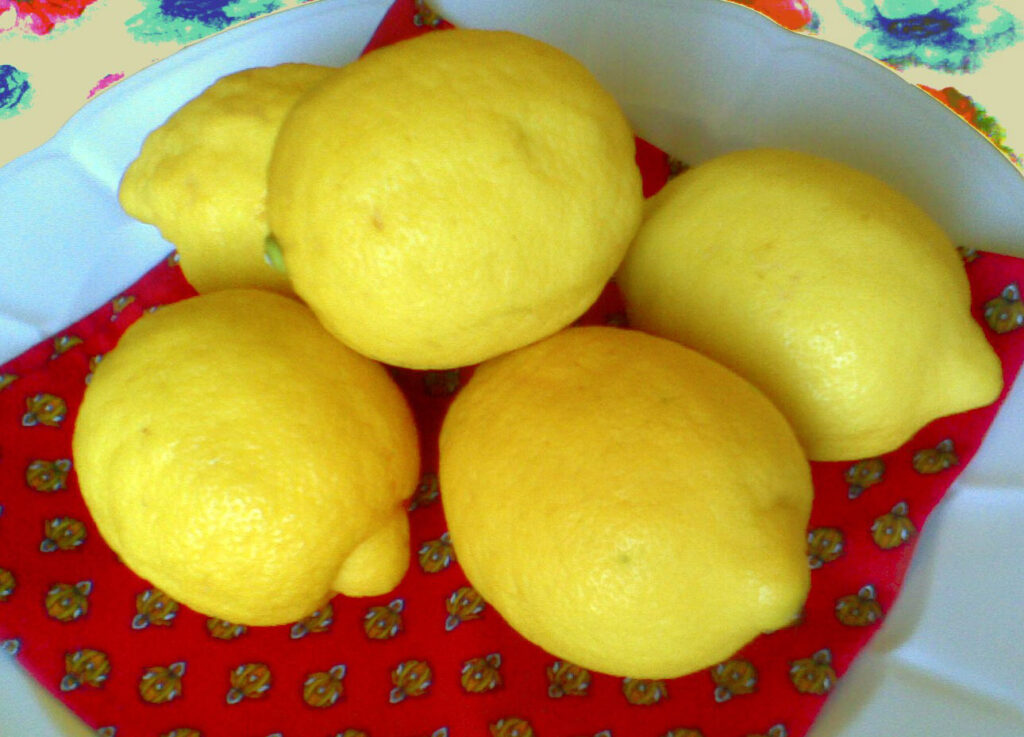
Primofiori lemons are known for being an early-bearing variety. These lemons have a smooth, yellow rind and a tangy, aromatic flavor. They are commonly used in Mediterranean cuisine and are prized for their refreshing taste. Primofiori lemon trees thrive in mild climates, making them a great choice for orchard growers in temperate zones.
Primofiori lemons are often harvested earlier than other varieties, making them perfect for gardeners who want to enjoy fresh lemons sooner. The fruit is used for everything from cooking to making fresh juice. The tree produces a high yield of lemons each year, ensuring that you will have plenty of fruit. These lemons are perfect for adding a bright, zesty flavor to dishes and drinks.
Interdonato Lemon
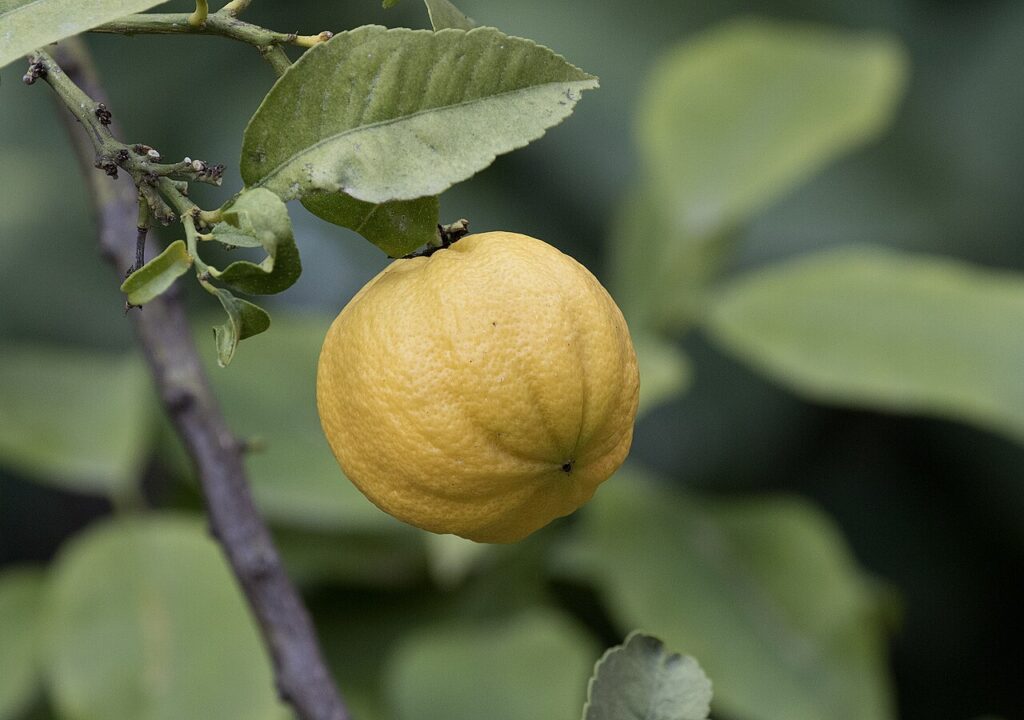
Interdonato lemons are a cross between a lemon and a lime, offering a mild, tangy flavor. They are often used for their thin, smooth skin and high juice yield. This variety is prized for its dual fruiting seasons, producing fruit in both the spring and fall. Interdonato lemon trees are best suited for Mediterranean climates, where the weather is warm and sunny.
The lemons are known for their fragrant, aromatic qualities and are often used in Mediterranean dishes. The tree itself is productive, yielding large amounts of fruit each year. Interdonato lemons are excellent for culinary applications, especially in savory and citrus-based dishes. They add a refreshing, tart note to a variety of recipes.
Kieffer Lemon
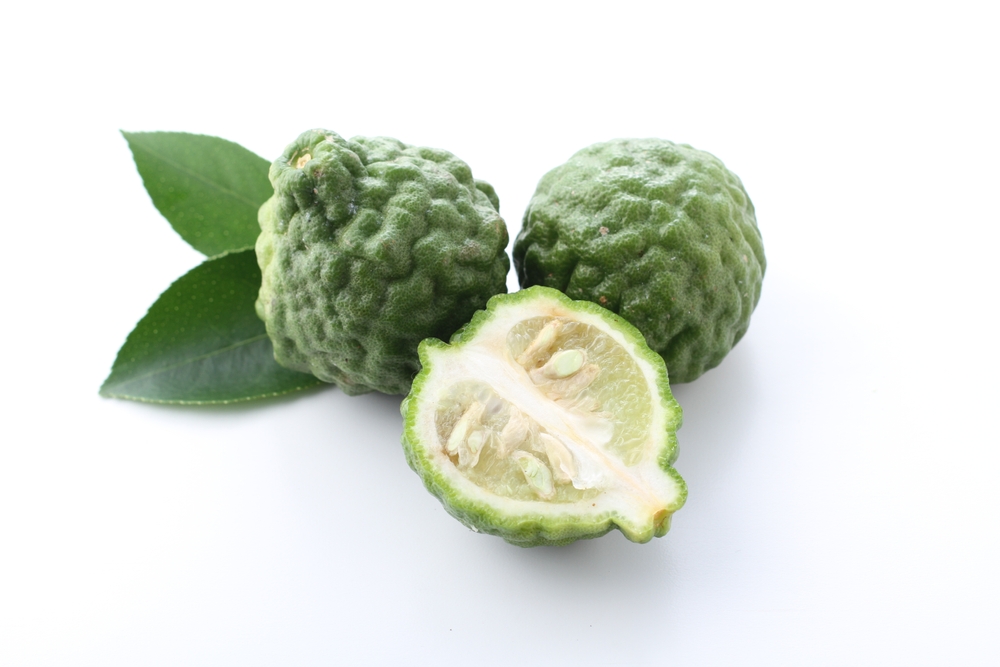
Kieffer lemons are a hybrid between a lemon and a lime, producing small, oval-shaped fruit. The fruit has a slightly bumpy texture and a strong, tangy flavor. Kieffer lemon trees are compact, making them a good option for small orchards or container growing. This variety thrives in both subtropical and warm climates.
Kieffer lemons are perfect for use in sauces, marinades, and drinks due to their unique flavor. The fruit is small but packs a punch, making it a great choice for adding tartness to dishes. Kieffer lemon trees are productive and hardy, with a high yield of lemons each season. This variety is ideal for those who want a distinctive lemon flavor with a hint of lime.
Valencia Lemon
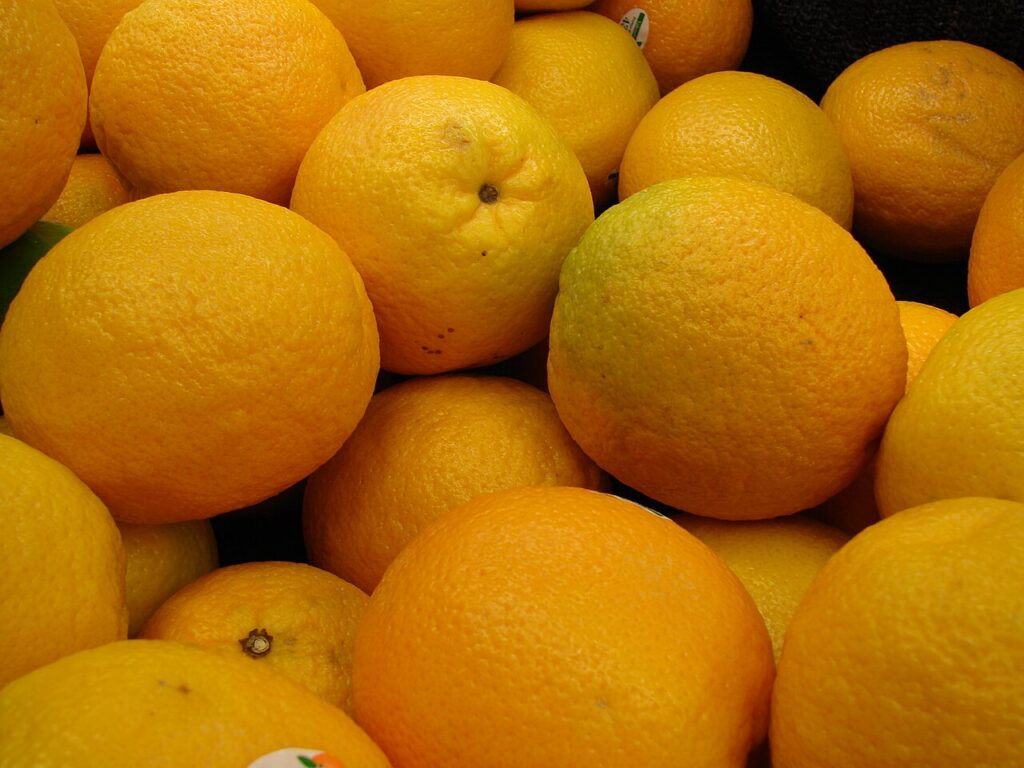
Valencia lemons are known for their larger size and thin skin. These lemons have a sweet, tangy flavor, making them perfect for juicing. The trees produce fruit with a refreshing, mild flavor that is ideal for drinks or zesting. Valencia lemon trees are productive and thrive in warm, sunny climates.
Valencia lemons are often used in commercial juice production due to their high juice content. The fruit is perfect for lemonade or other citrus-based drinks. The tree is hardy and yields large amounts of fruit each season. Valencia lemons are perfect for those looking to grow a lemon variety with consistent fruit production.
No matter your taste preference, there is a lemon variety that will thrive in your orchard. These trees are perfect for anyone looking to grow flavorful, fresh fruit in their backyard. With proper care, these lemon varieties will provide delicious lemons for cooking, juicing, and more.
This article originally appeared on Avocadu.
